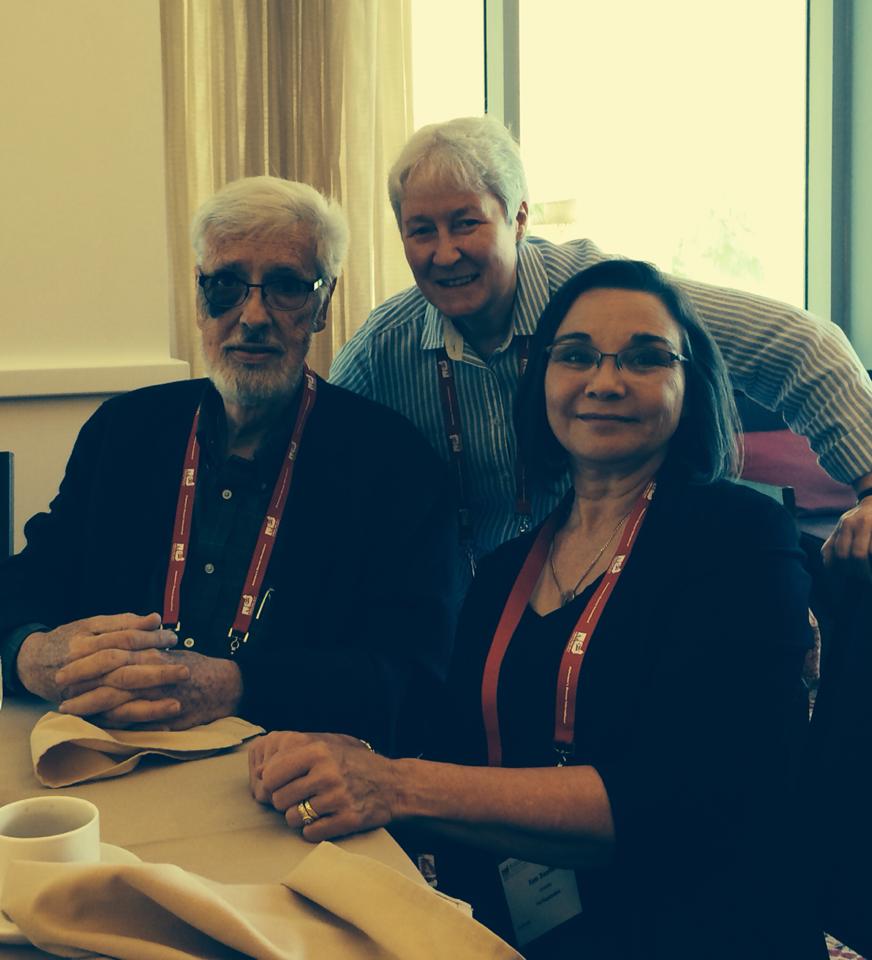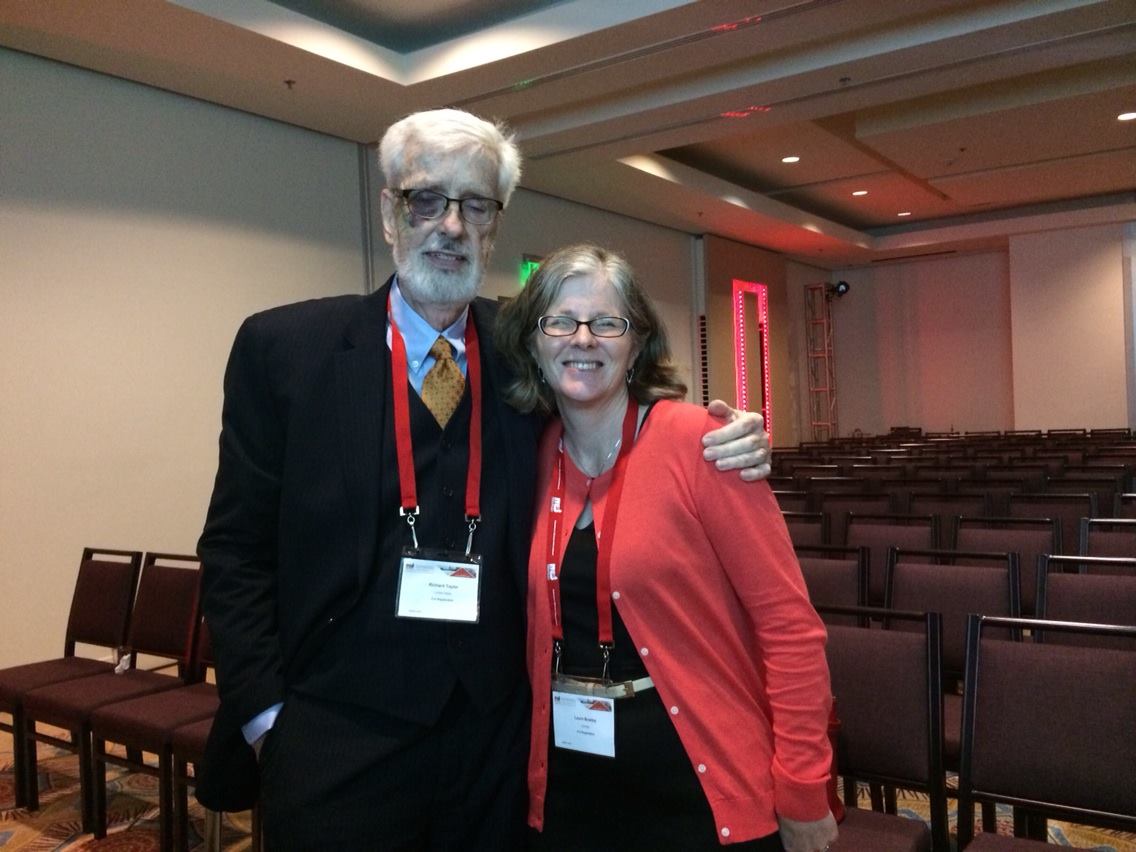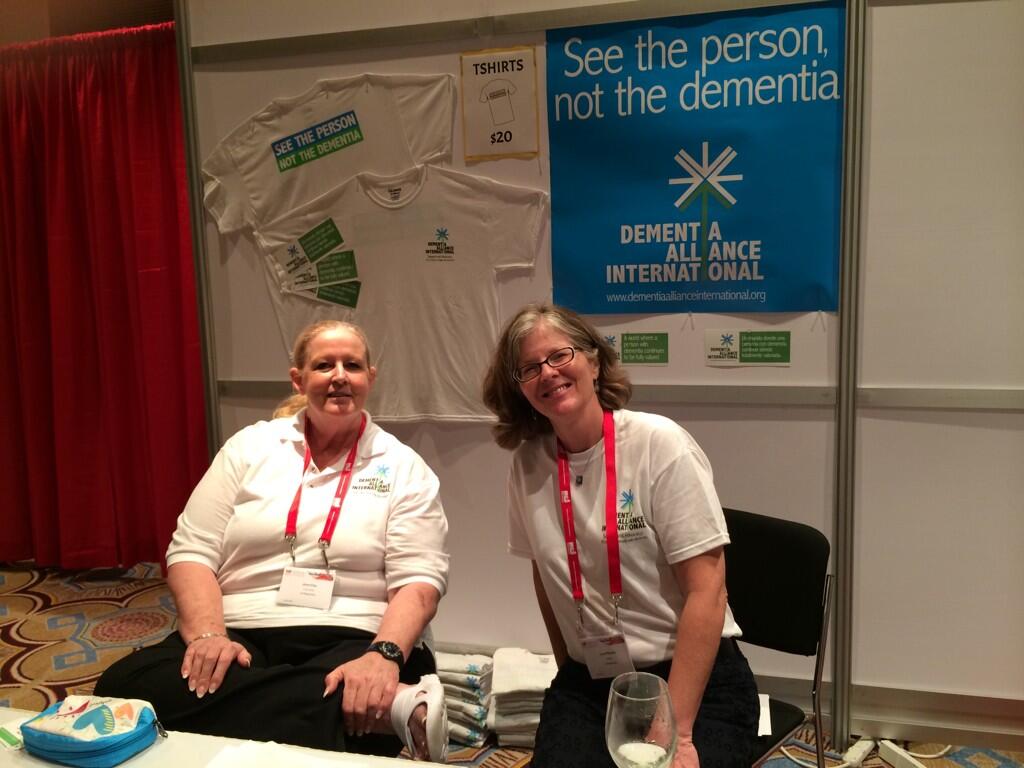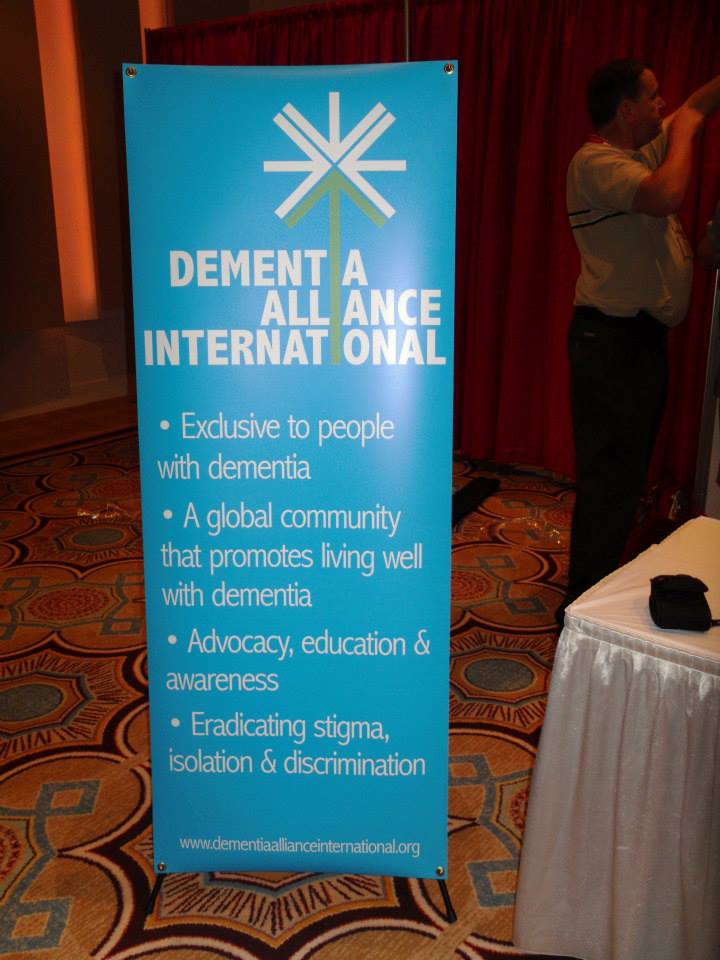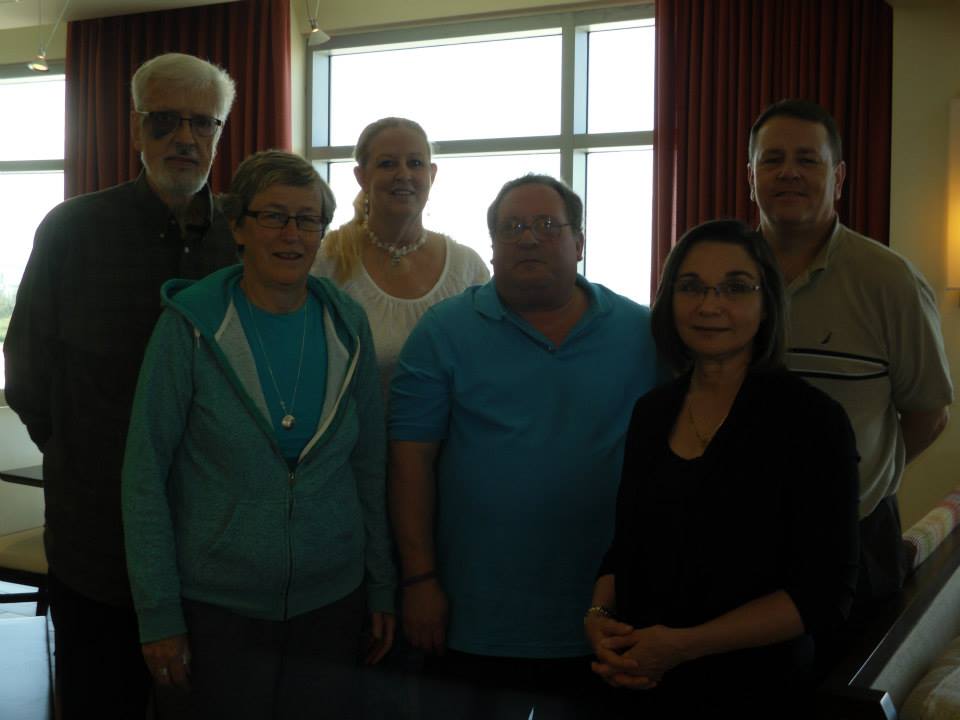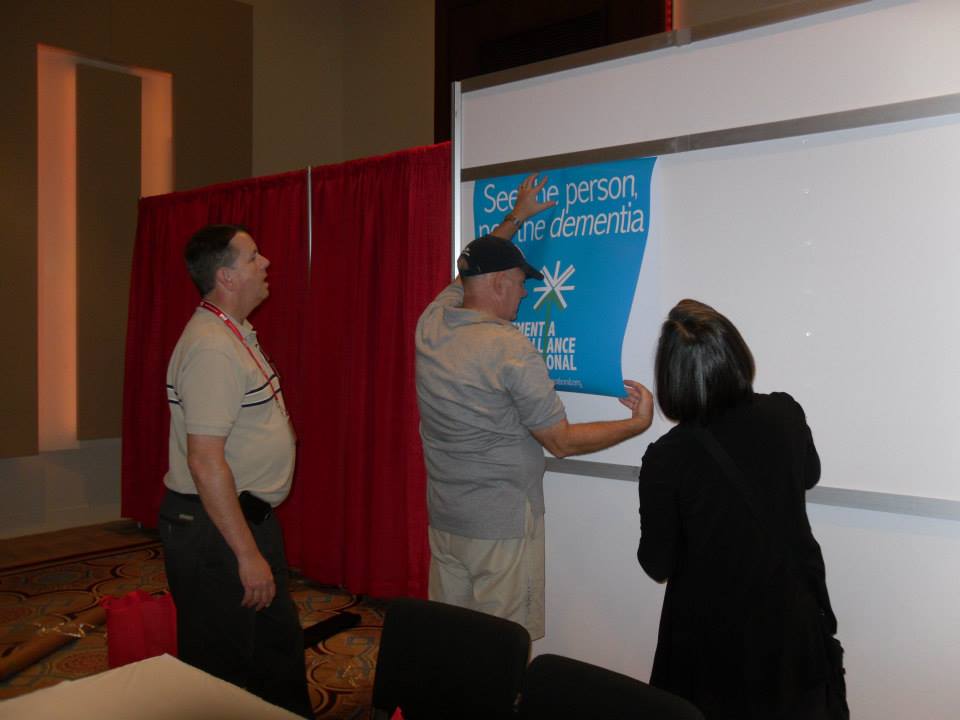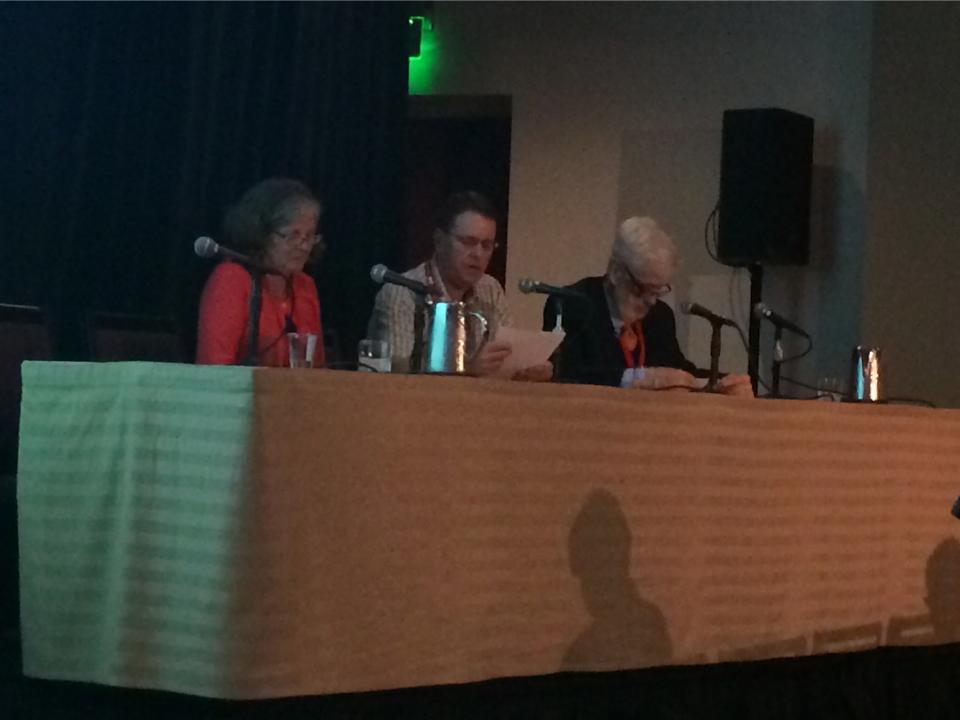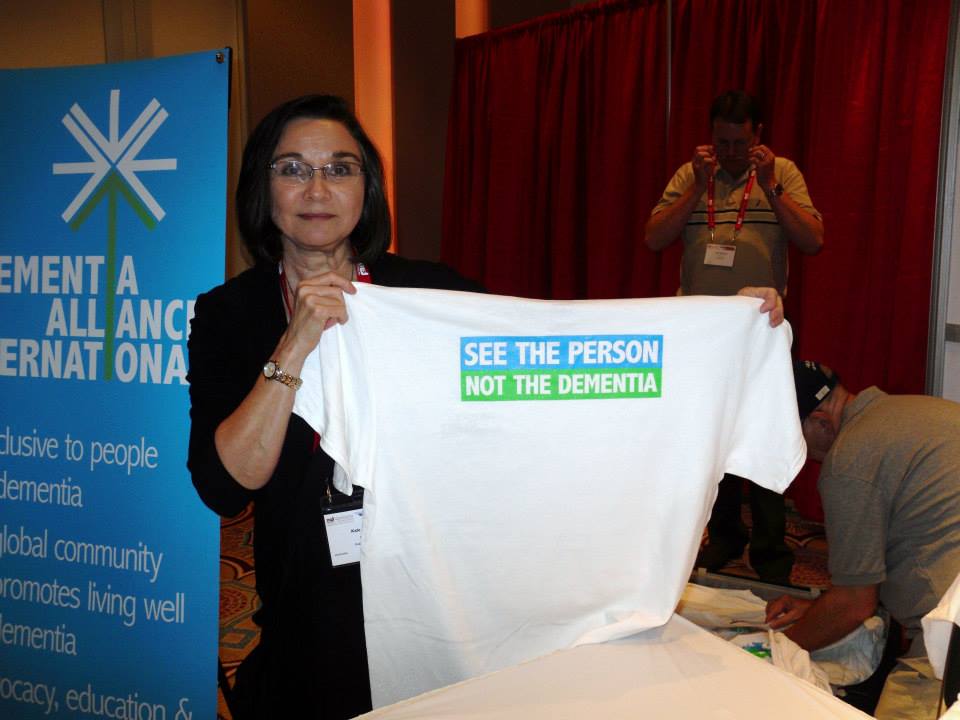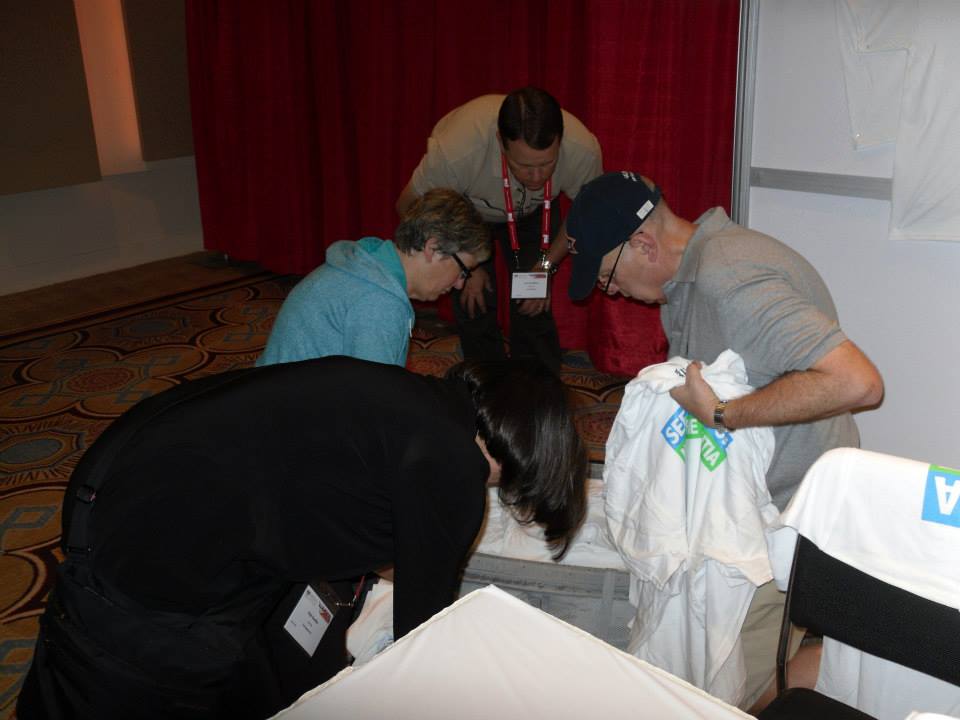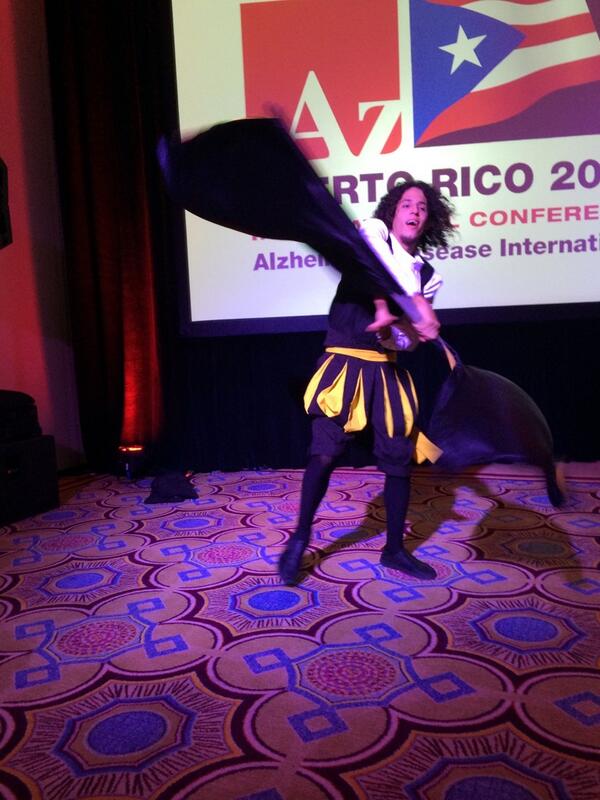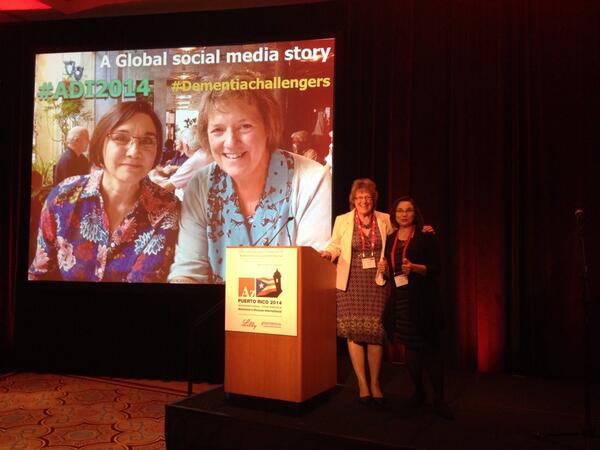29th International Conference of Alzheimer’s Disease International
Dementia: Working Together for a Global Solution
1-4 May 2014, San Juan, Puerto Rico
ADI and Asociacion de Alzheimer y Desordenes Relacionados de Puerto Rico invite representatives from around the world, from medical professionals and researchers to people with dementia and carers, all with a common interest in dementia.
The conference programme – details given on this website – has streams including research, advocacy and care.
I am particularly proud of my close friend, Kate Swaffer (@KateSwaffer).
Kate is in a volunteer advocacy position, also working as a consumer on the National Advisory Consumers Committee, and the Consumer’s Dementia Research Network.
She contributes so much value to the people who are lucky to know her.
Kate lives in Adelaide, Australia. She loves cats like me. She has a formidable interest and experience in many things such as academia, media, clinical quality, and cuisine. She happens to live with first-hand experience of living with a dementia, and is a sheer joy to learn off.
Dementia Alliance International is a non-profit group of people with dementia from the USA, Canada, Australia and other countries that seek to represent, support, and educate others living with the disease, and an organization that will provide a unified voice of strength, advocacy and support in the fight for individual autonomy and improved quality of life.
Their membership is open to anyone with any type of dementia. Click here to inquire about membership.
PHOTOS ALL BY KATE SWAFFER APART FROM THE ONES WITH KATE IN THEM
Kate sporting a very important message for those of us who are passionate about a person-centred approach promoting living well with dementia.
This philosophy does not give undue priority to a medical model which pushes drugs which currently have very modest effects, or certain vested interests.
Living well with dementia in the English jurisdiction is a policy plank I’ve extensively reviewed for the English jurisdiction here.
A wonderful picture of Kate and Gill (@WhoseShoes). I am very proud of them having made this global journey to Puerto Rico.
And here’s Gill encouraging full participation!
